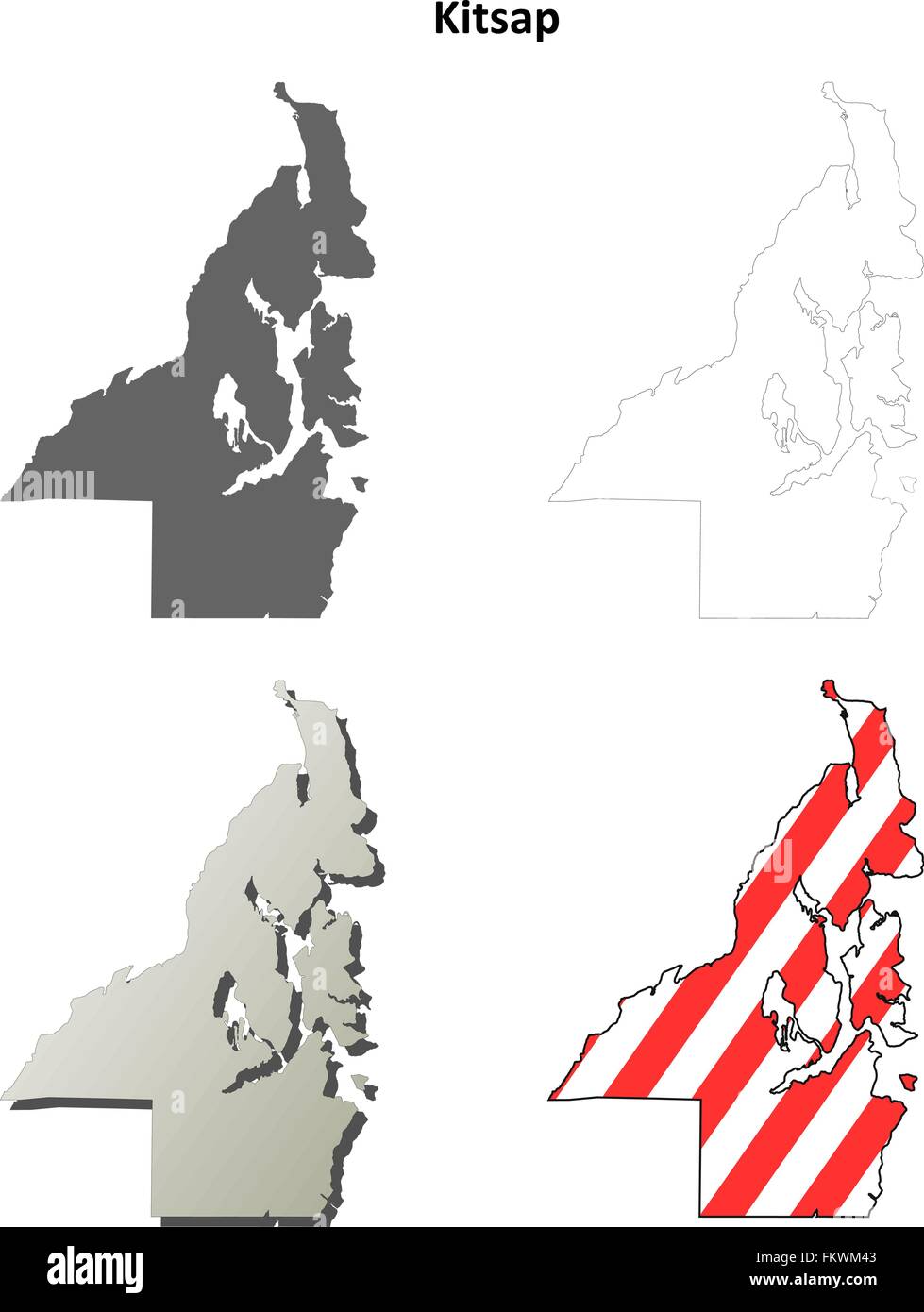
All the words and sentences in Ultimate Phonics are 100% decodable. If reading material is not decodable then students cannot sound out the words and they must resort to guessing and skipping, which is disastrous for comprehension and spelling.
DEMO OF ULTIMATE SPELLING HOW TO
This means that in every lesson students are able to accurately sound out all the words and sentences without ever needing to guess.ĭecodable reading material is text that students know how to sound out using the phonics patterns and sounds they have already been taught. Every word and sentence is written using only phonics patterns from the current lesson or earlier lessons. Ultimate Phonics has a huge amount of 100% decodable reading material, with 4,474 different words and 2,130 sentences. Get the Scope and Sequence A huge amount of decodable reading material You can see all of the phonics patterns taught in each of the lessons in our scope and sequence: Every lesson builds on knowledge taught in previous lessons. The lessons start at the most basic level and gradually progress to an advanced level. Each lesson focuses on one specific letter pattern and sound combination. Ultimate Phonics is a complete systematic phonics program that teaches all the phonics patterns and sounds of English in 262 lessons.

Juan is pronounced "WHOOAHN" in one syllable. Juan, too, is a Catholic name, derived from the name "John", one of the Gospels in the Bible. The picture above is Juan Rulfo, the author of Pedro Páramo, one of my favorite books of all time and a masterpiece of Latin American literature. José comes from Saint Joseph a prominent figure in Catholicism and the wife of Mary, the mother of Jesus. This omission does not change the pronunciation of the word.įirst of all, the incorrect way to pronounce José is to say "Joe's", like the popular grocery store. Note: In the same way as Jesús the final accent on the word José is frequently ommitted in everyday use in the United States. An entire 82.7% of Mexicans are Catholic somewhere between 70-90% of Argentines are Catholic around 73% of Spaniards are Catholic, and the list goes on across the Spanish-speaking world.Ĭompare this to the relative infrequency of Protestant names such as Matthew (Mateo) and Luke (Lucas) in Latin America compared to the United States and Europe. Jesus is a popular Latin American name owing to the popularity and widespread nature of Catholicism in Latin American countries. Here's a link to someone on YouTube saying the name accurately.


Searching for the name online results in videos where the name isn't pronounced until a few seconds in, so I'll save you the time. The Spanish 'u' vowel is similar to the pronounciation of the double O in the word "moon". The J is pronounced just like an "H" sound in English. In almost all situations, the Spanish name Jesus is pronounced "hay-SOOS". In fact, globally it is as popular as the female name Jessica. Jesus accounts for 0.2% of male births in the United States according to the Social Security Administration. Here in California, this is probably the most mispronounced hispanic name. The omission does not change the pronounciation of the name. However, oftentimes in the United States the accent is ommitted. Note: Jesús is spelled with an accent on the final 'u' because of Spanish accent rules. Here's a guide to pronouncing common Spanish first names, so that you'll never have another embarassing introduction again. I could almost hear the sigh on the other end of the phone. "Hey GEE-sus! Remember to fax me the accounting documents by tomorrow", I really need it.Ĭringe. One day after returning home from my Spanish class in high school, my mother was on the phone, talking to her colleague.


 0 kommentar(er)
0 kommentar(er)
